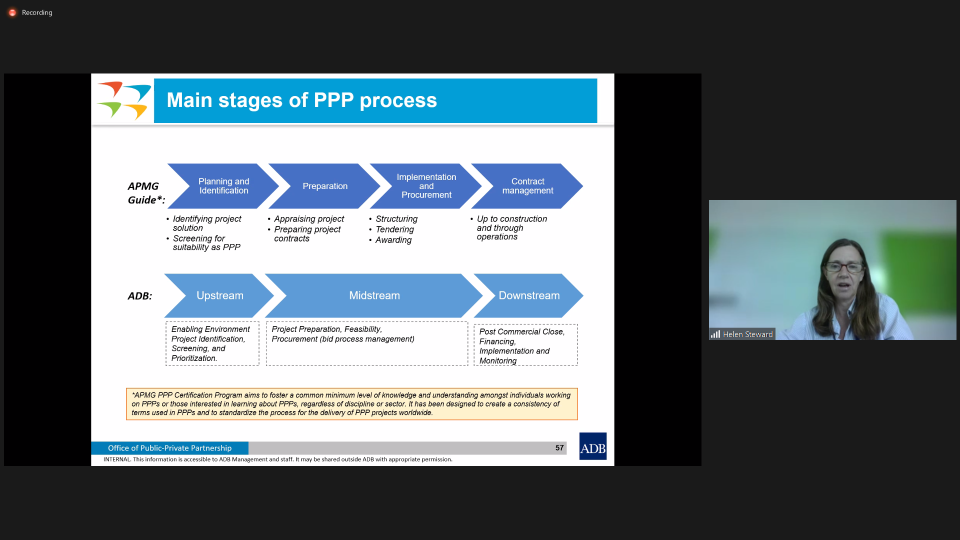
Water accounting in the GMS - Policy implications for water, food and energy security in a changing climate
In the Greater Mekong Subregion (GMS) water resources form the basis of agrarian prosperity and economic development. However, increasing water demand due to population growth, rapid industrialisation and urbanisation, as well as a changing climate, are undermining those water resources.








